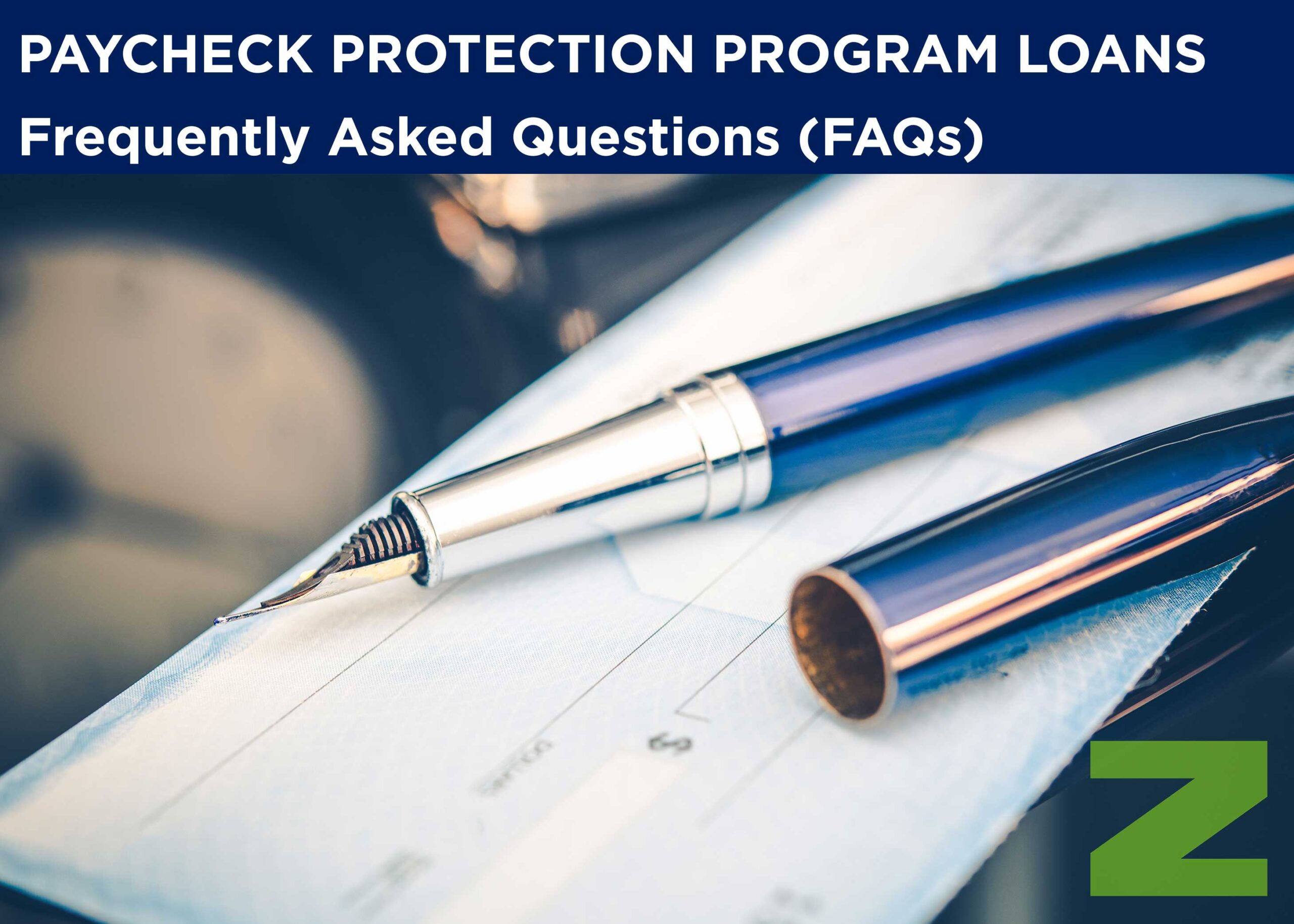What’s in Your Warranty?
A Guide to Avoiding Warranty-Related Surprises
A warranty is meant to protect a purchaser from any faults or defects in goods or services purchased. But warranties are as different as the products and services that they protect. What’s more, because courts interpret warranties in widely different ways — as either a creature of tort, contract or a mixture of both ― there exists no “one size fits all” approach. As such, it’s important for both owners and contractors to know what the warranty they are receiving or issuing is worth. What is and is not covered? What are the gaps in coverage that could lead to future disputes?
There are two general categories of warranties issued in typical construction projects: express and implied.
Express Warranties
Express warranties are promises expressly set forth in contract documents, such as a contractor’s warranty the work will be free from defects and will conform to the contract documents. Manufacturers’ and suppliers’ express warranties are provided to owners upon substantial completion, but most of those warranties are governed by the Uniform Commercial Code (UCC). Also, an owner’s rejection of the goods or revocation of acceptance is not a prerequisite to a successful express warranty claim.
Implied Warranties
Implied warranties are promises inferred from the parties’ agreement. For example, where an owner hires a designer, courts tend to impose an implied warranty by the owner for the adequacy of those designs. Implied warranties may be “implied-in-fact” or “implied-in-law” — the difference being whether the implied agreement originated upon a meeting of the minds or whether the implied agreement arises from a separate legal duty.
Keys to Avoiding Warranty-Related Issues
Here are three suggestions for avoiding warranty-related issues in the construction context:
Review the Construction Contract
Recognize the express warranties included in your construction contract. Read the construction contract to identify warranties concerning the work, materials, equipment and any other special warranties. Most standard industry agreements contain express warranty provisions — for example, Section 3.5 of the AIA 201 2007 and Section 3.8 of the ConsensusDOCS 240.
For owners, it is important to consider whether the express or implied warranties issued by a contractor include any gaps in coverage. Similarly, for contractors, it is important to consider whether the warranties issued to it by its subcontractors and suppliers provide enough coverage in the event of a claim made by the owner. For example, does the length of the subcontractor’s warranty align with the length of the contractor’s warranty to the owner?
Also, it’s important to confirm what law governs any warranty disputes — is there a choice of law provision? Does the jurisdiction where your project is located require you to apply that state’s laws? For example, Iowa requires all in-state construction contracts to be governed by Iowa law — taking precedence over any choice-of-law provision. This will help you evaluate the applicable law to your warranty claims, as discussed further below.
Review Any Oral or Written Representations
Warranties are used as a marketing tool by sellers of good or services. It’s incumbent upon the recipient of those goods or services to not just read the contract but also any other representations made about those goods or services. Do any statements made give rise to an implied warranty — either in-fact or in-law? Would any statements be construed as certifications (by a design professional, for example) versus a warranty?
Review the Law in Your Jurisdiction
Since there exists a wide variety of express and implied warranties, the laws in each jurisdiction with respect to these warranties plays a crucial role in the planning, execution and outcome of a construction project. What’s more, the same goods or services may be subject to different express and implied warranties, and gaps may also exist between warranties. Remember to ask yourself some key questions:
• How do courts in your jurisdiction treat express and implied warranties — i.e., on the basis of strict liability, negligence, as a species of contract, or as a subspecies of tort or contract?
• What is the applicable statute of limitations for potential warranty-related claims?
• What is the nature of damages that may flow from potential warranty-related claims?
• Does the UCC govern any of your warranty claims? If so, which ones?
• Do your injuries give rise to any state consumer protection laws?
Asking these essential questions earlier on can help avoid unpleasant surprises when a warranty claim develops. Also, it’s important not to just focus on categorizing your warranty, but to work to understand how that type of warranty will be interpreted by a court or other fact-finder.





